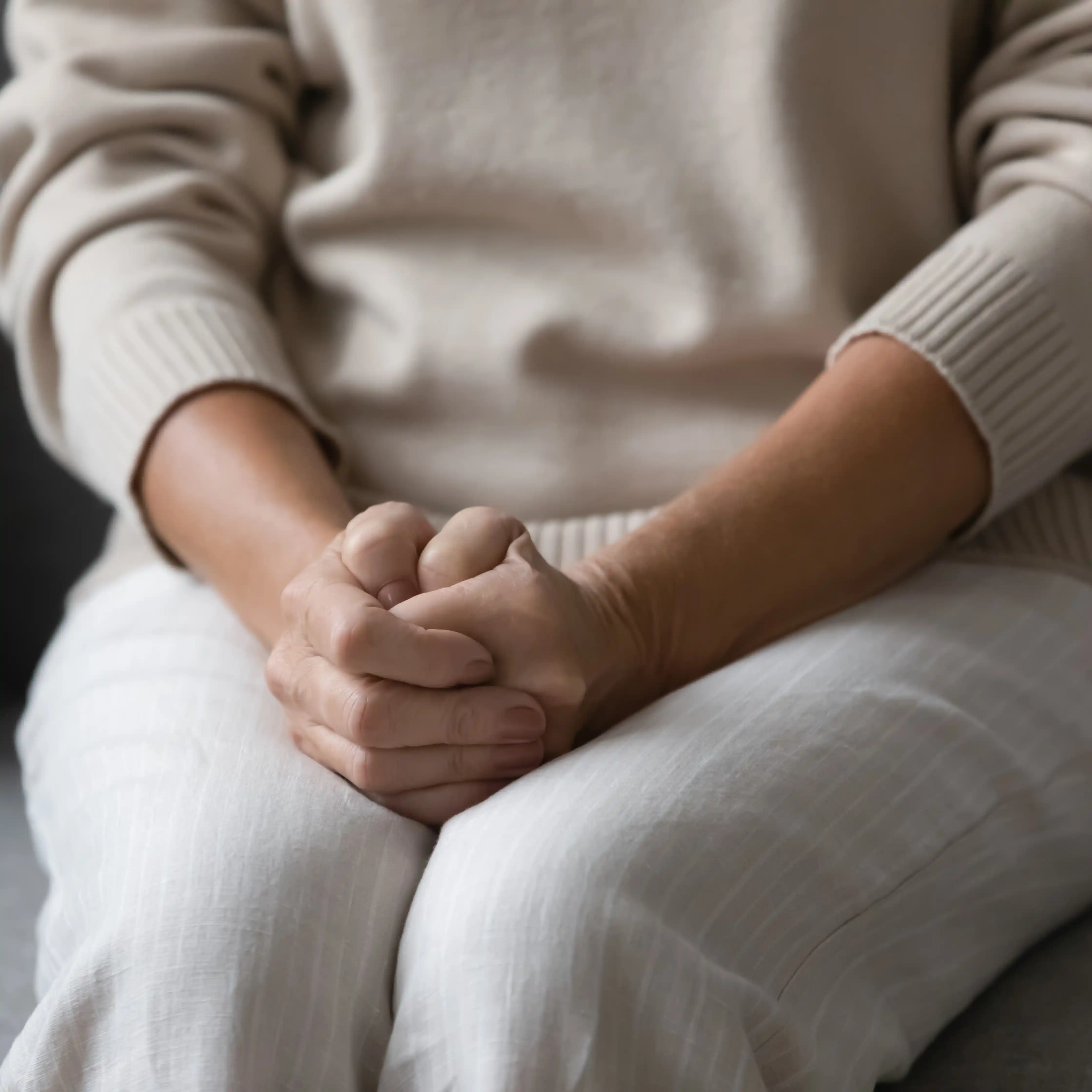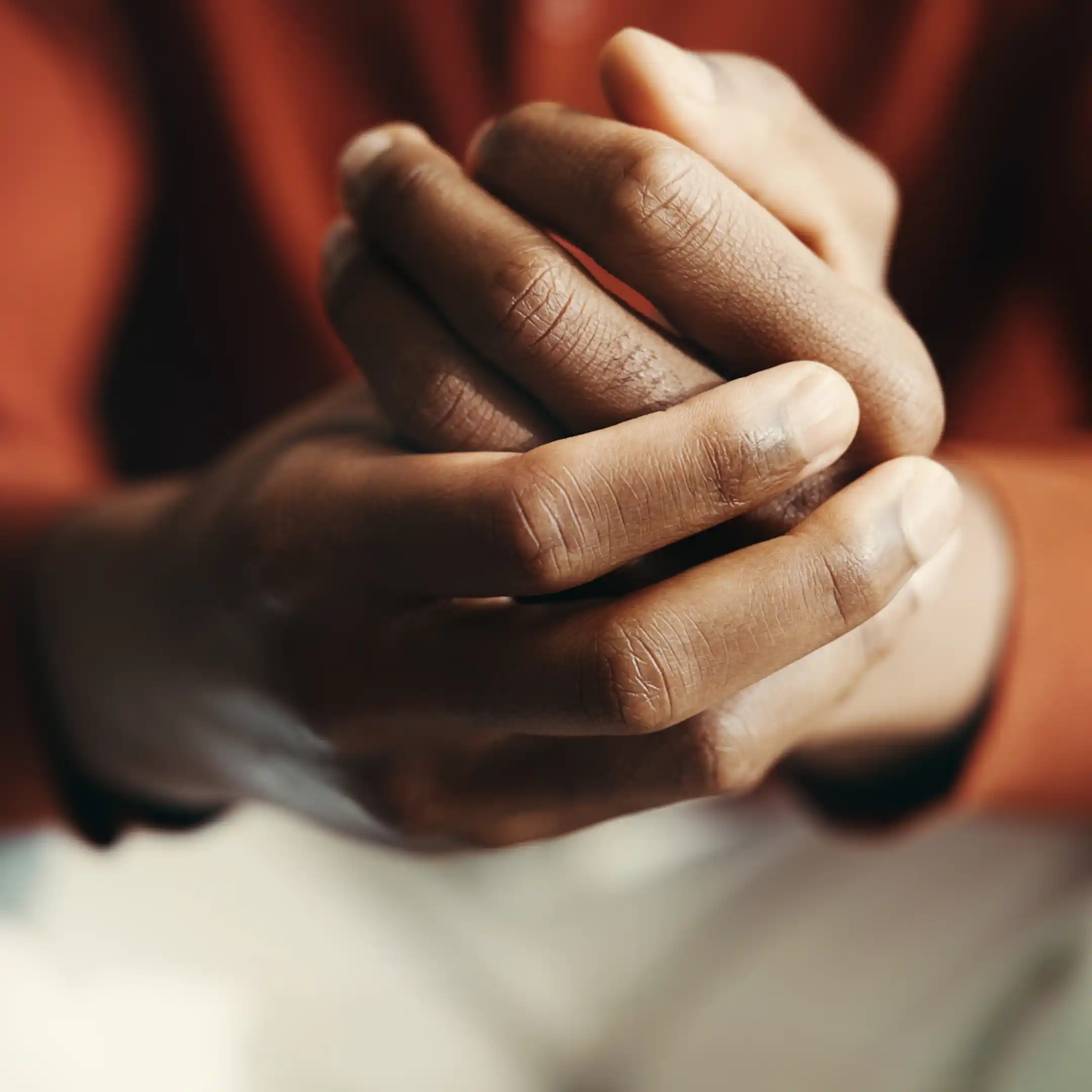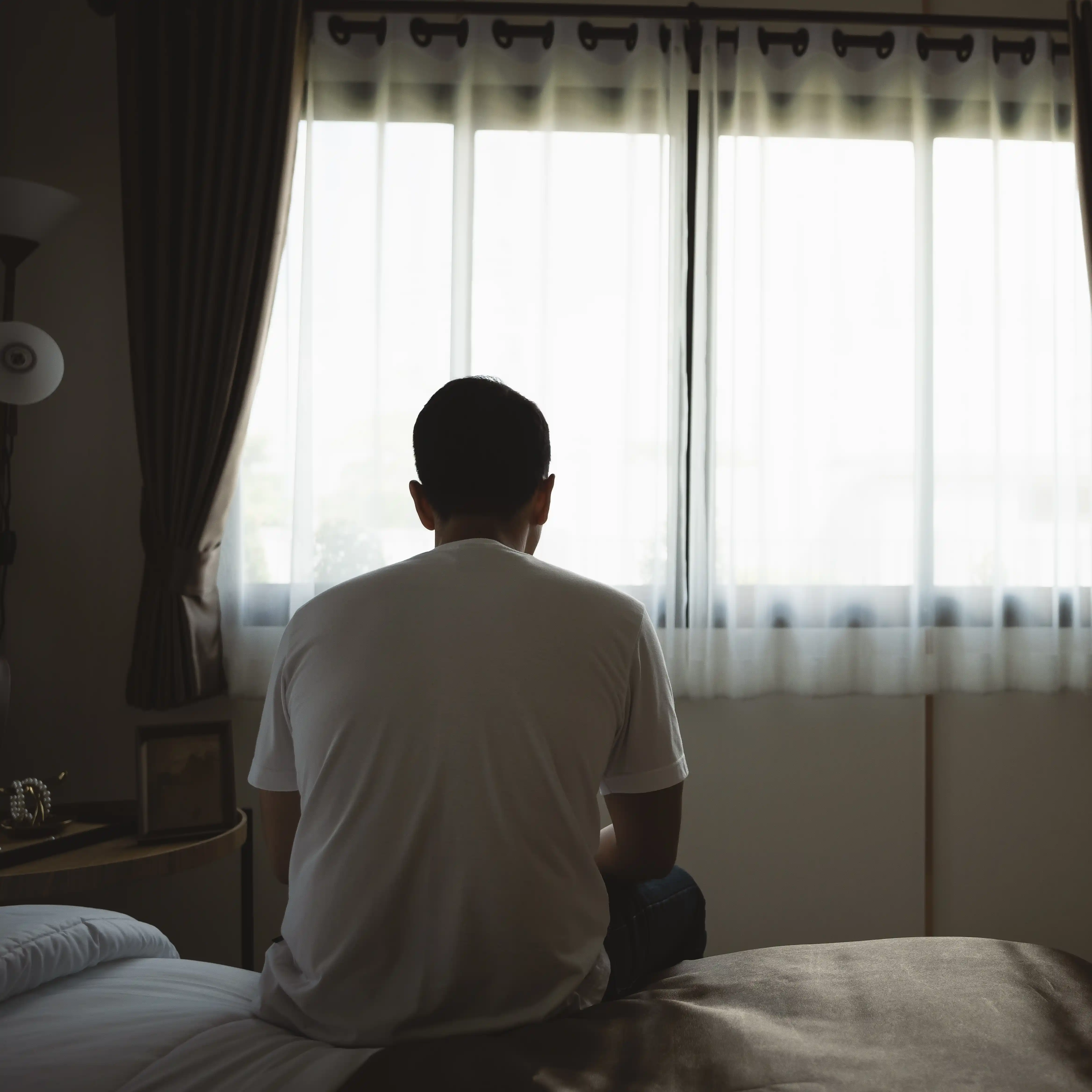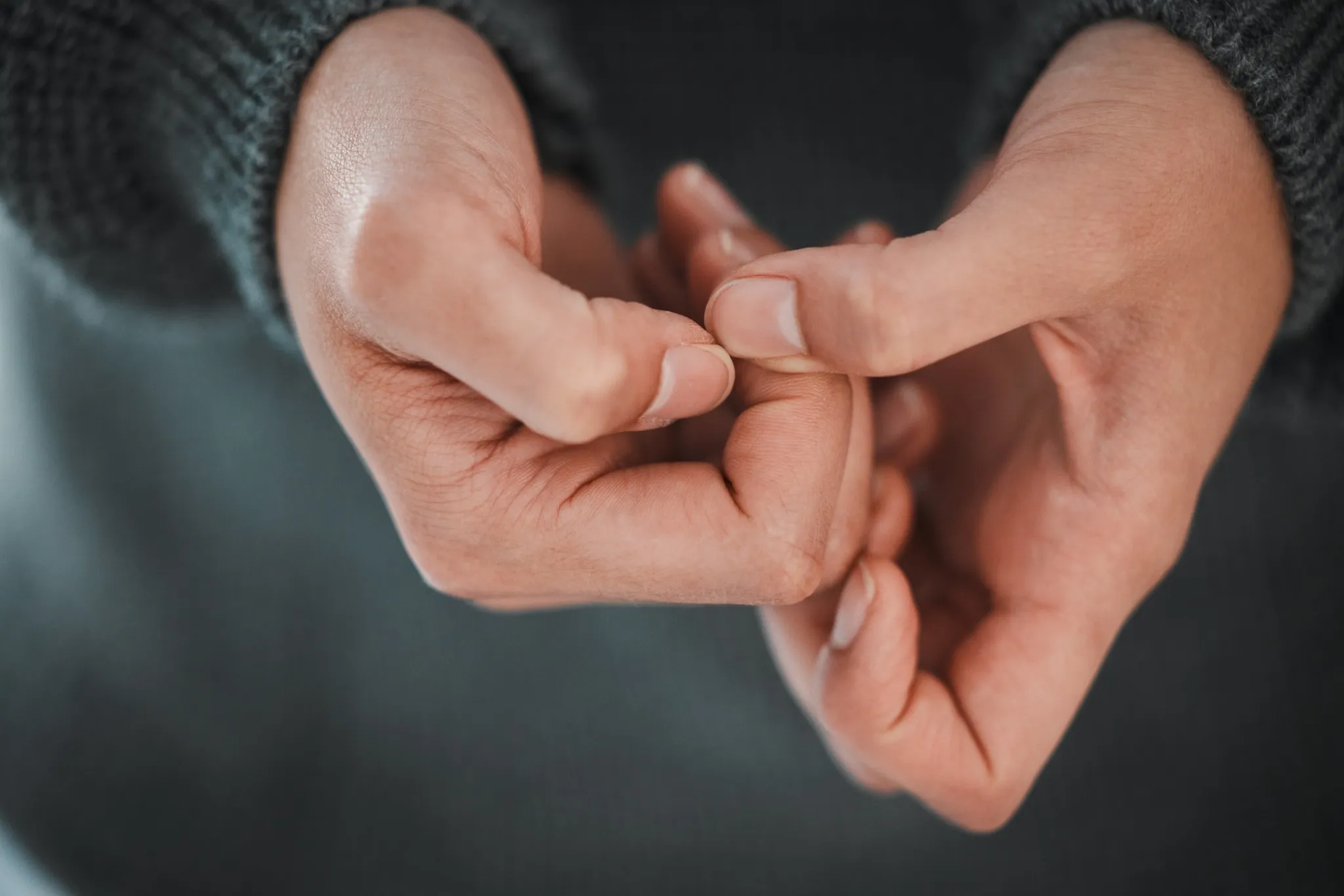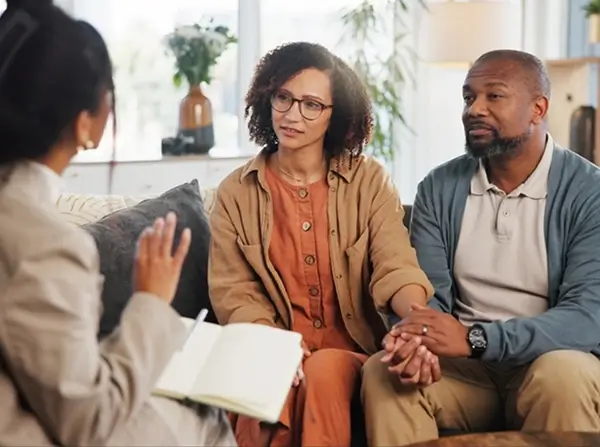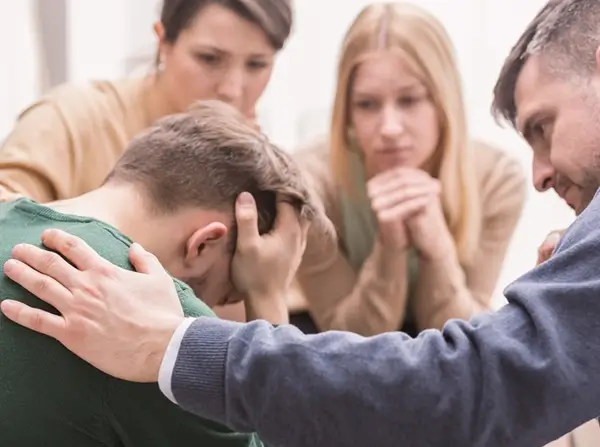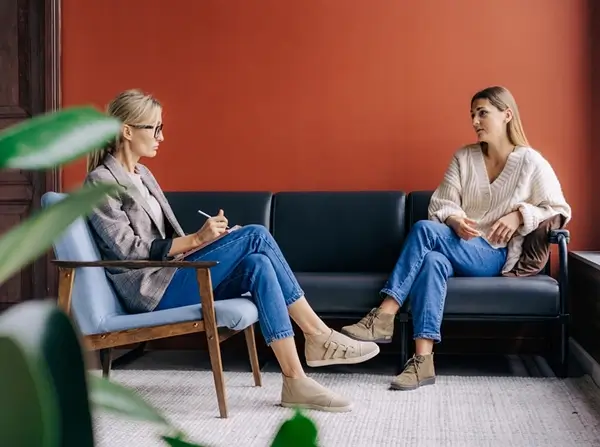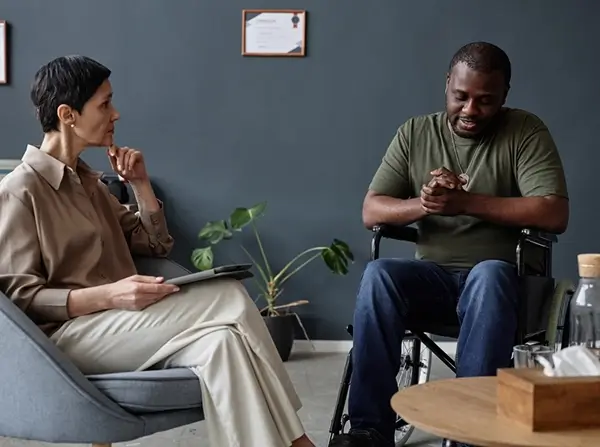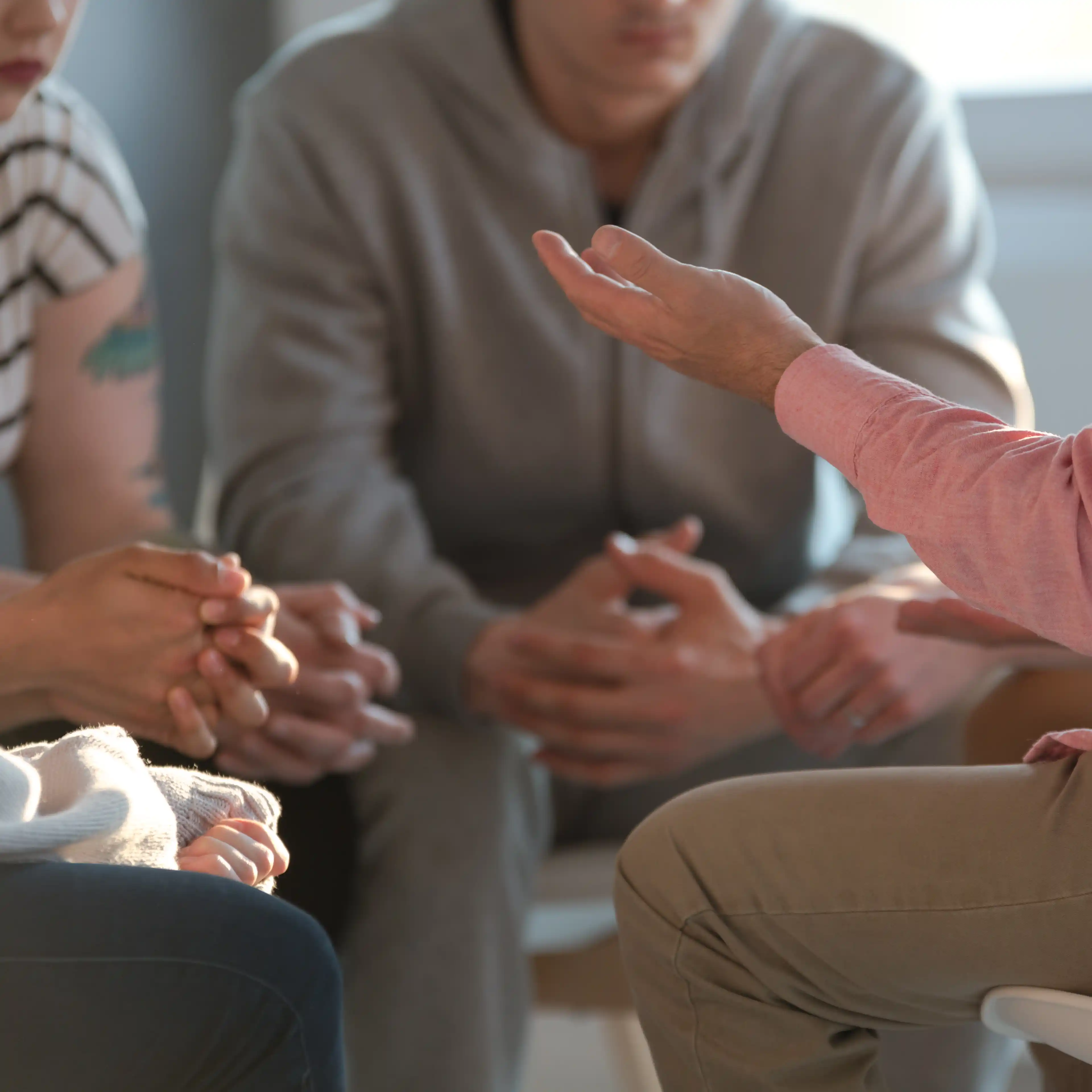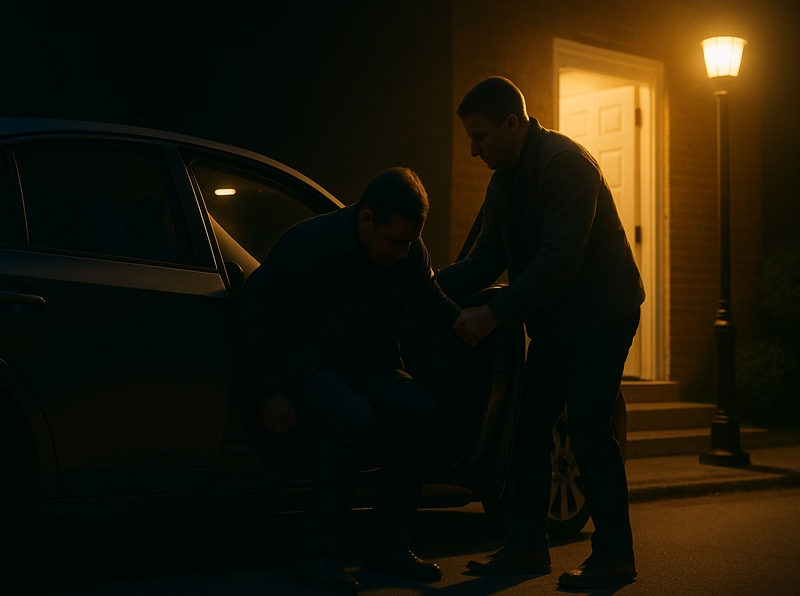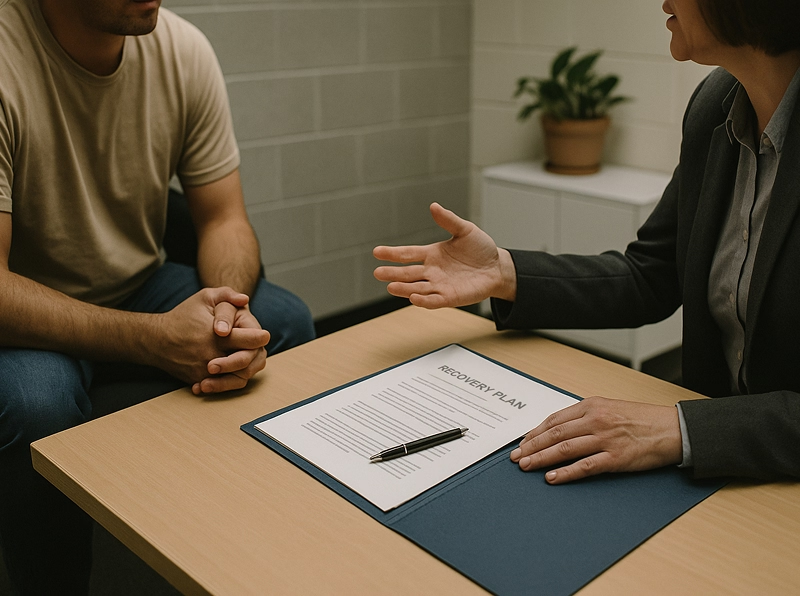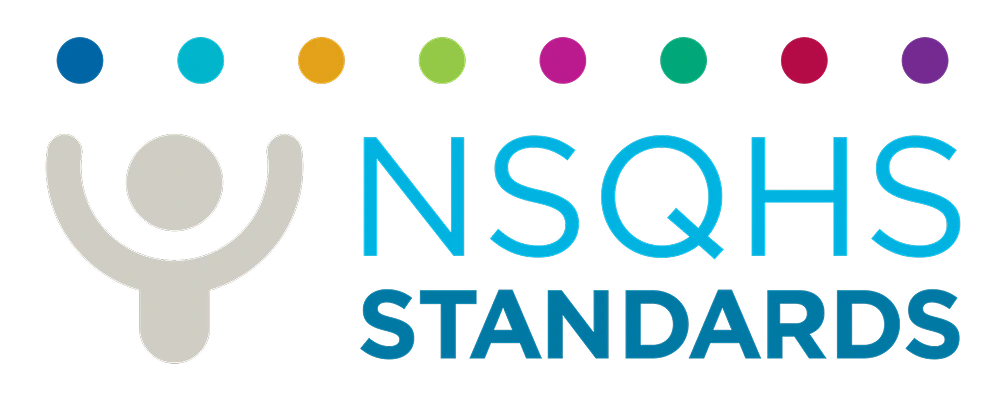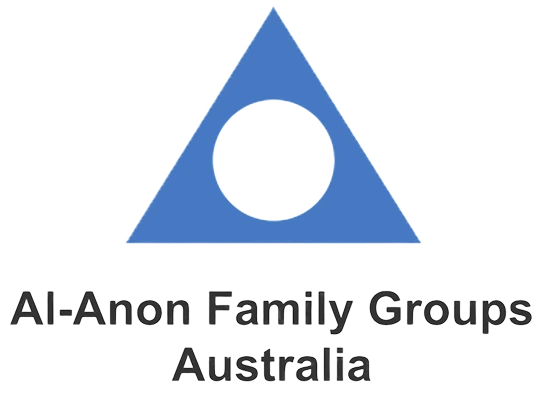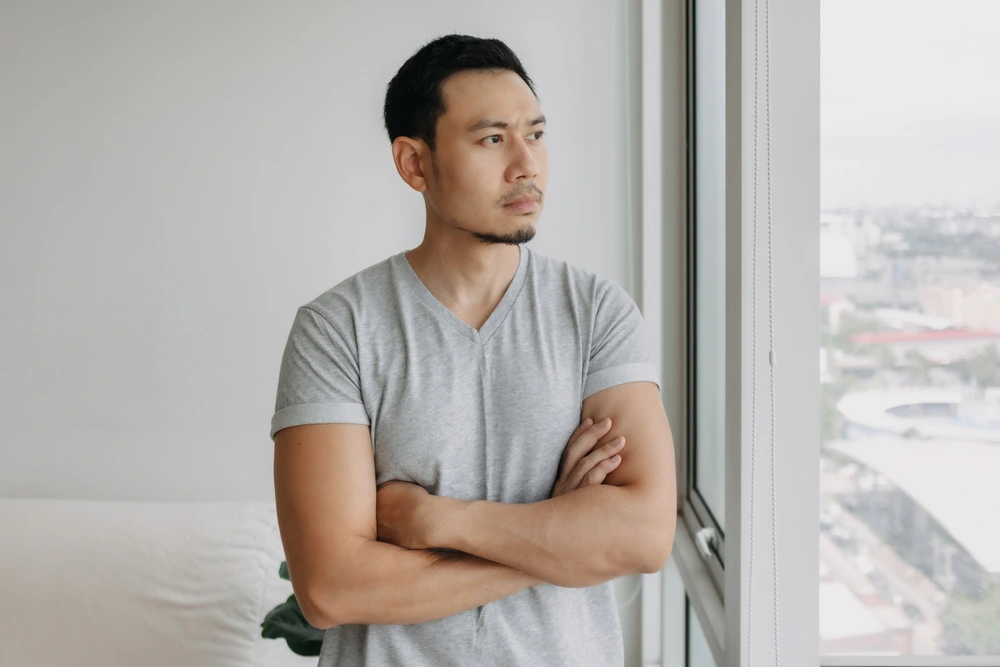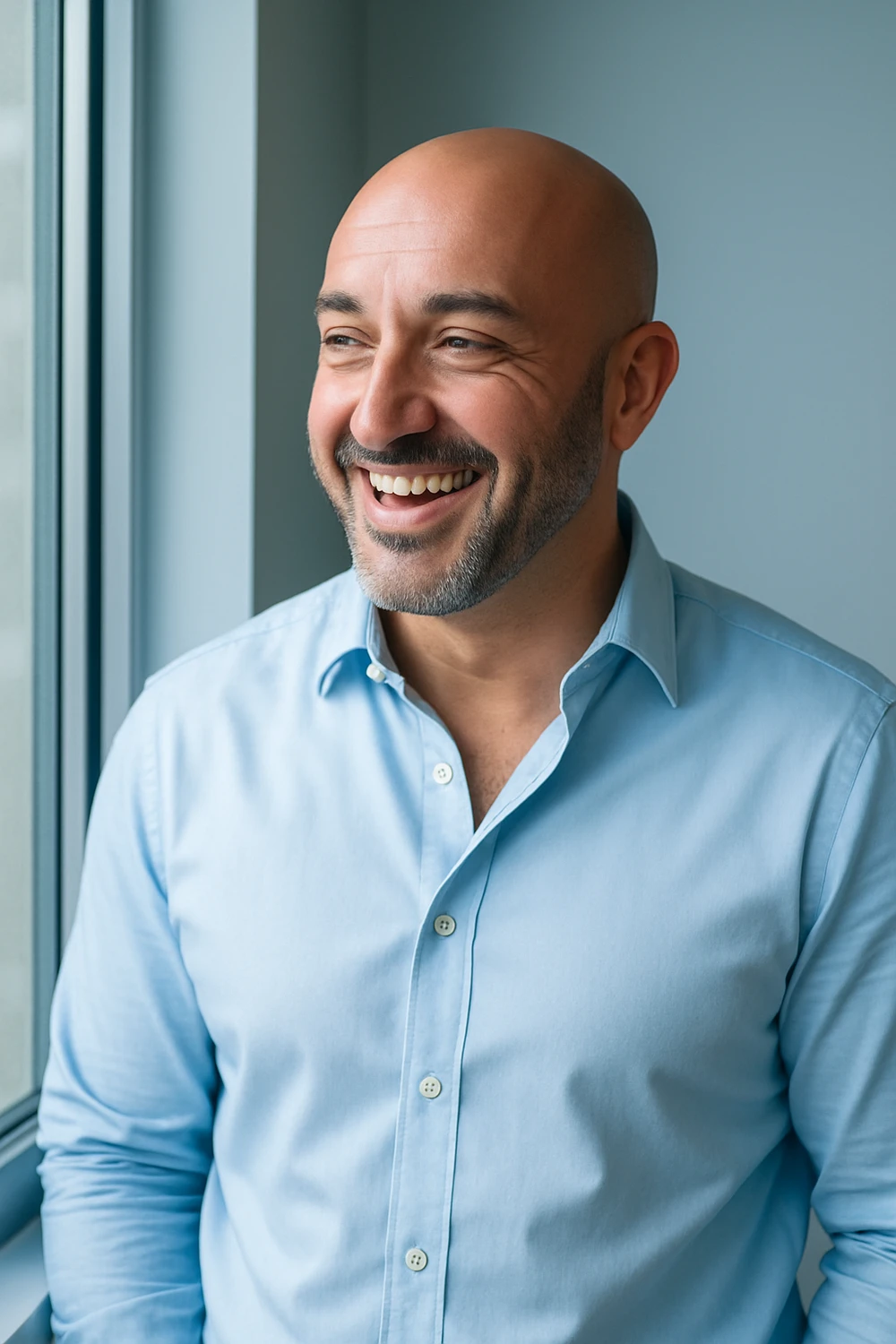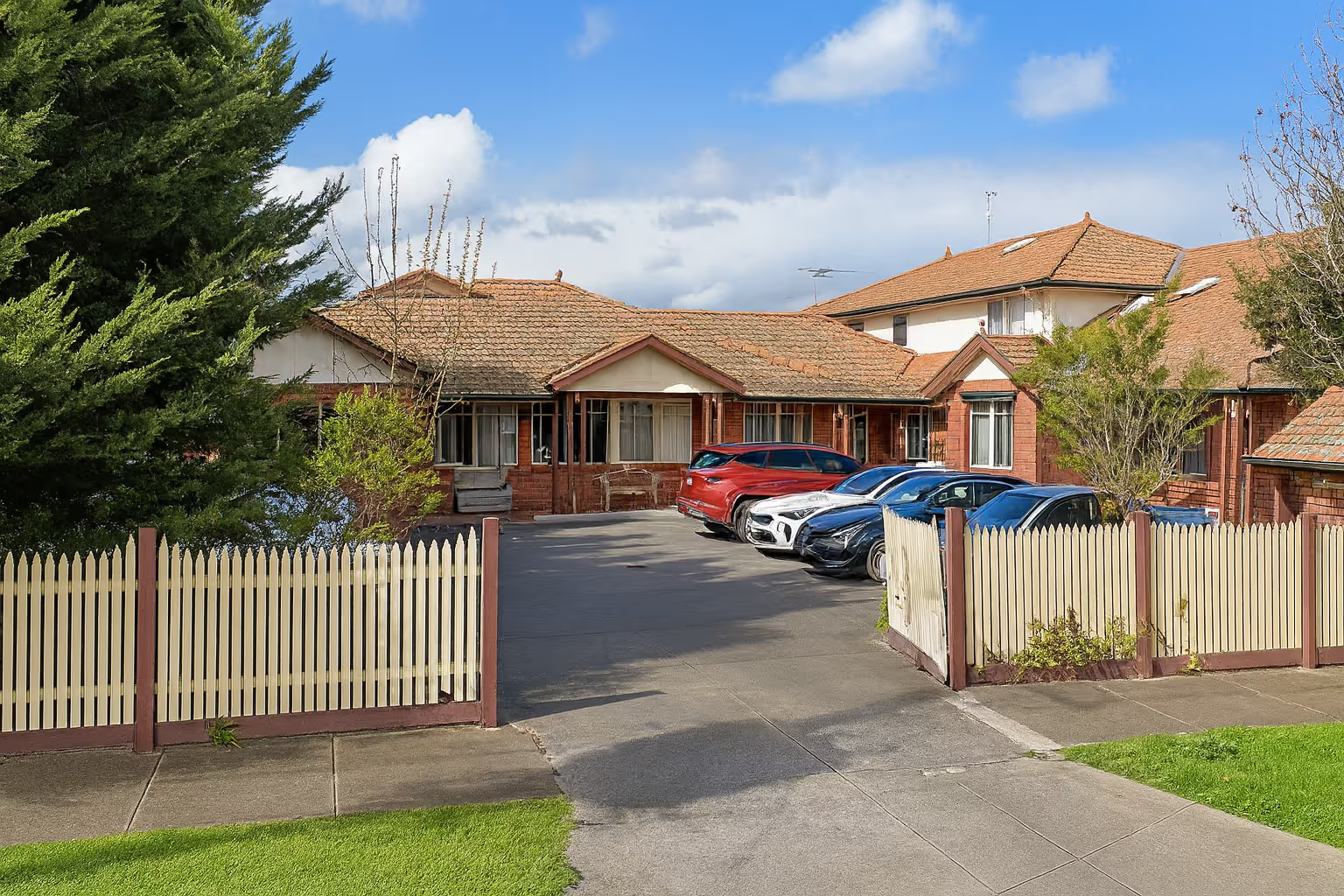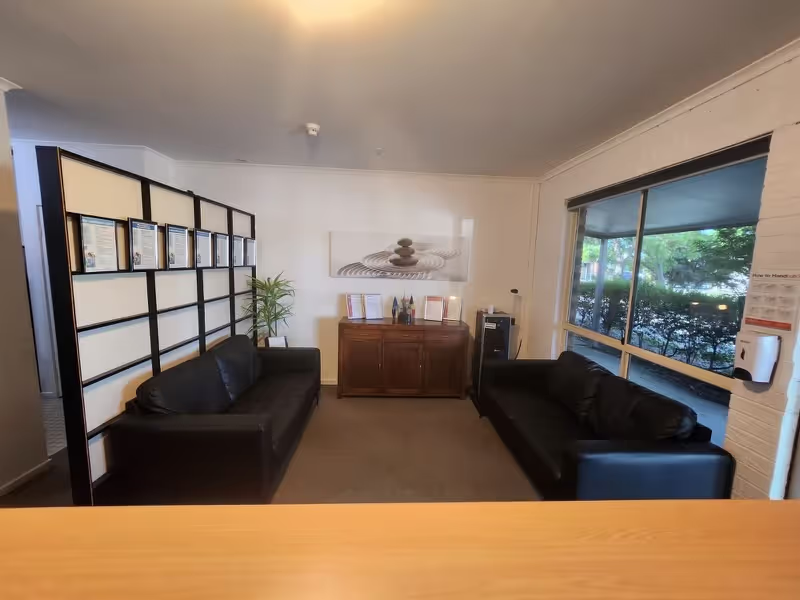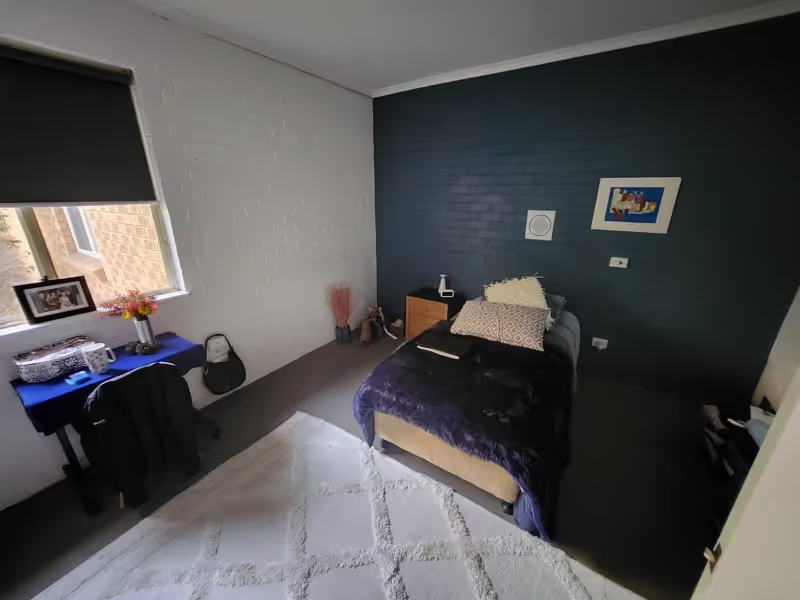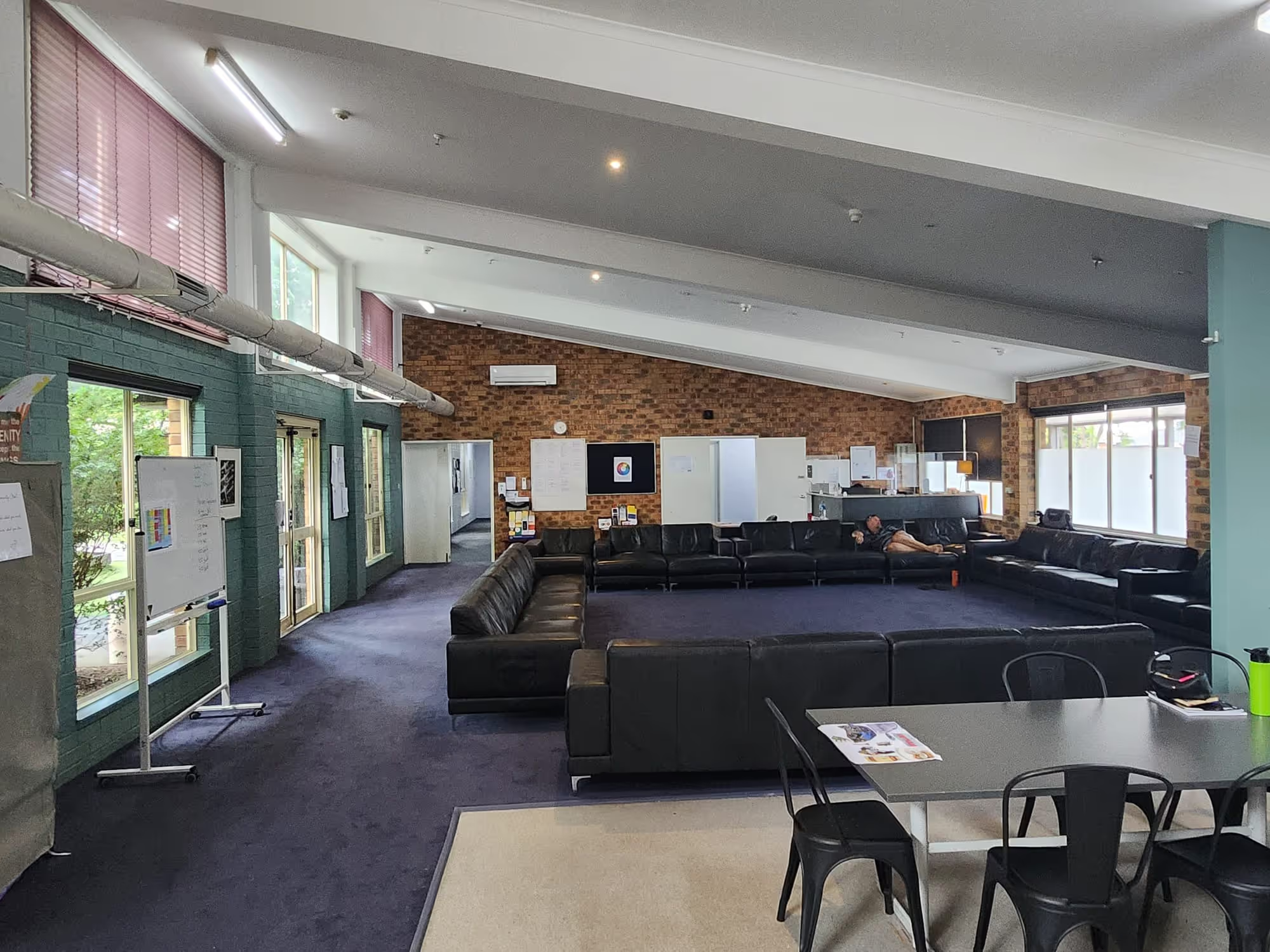Yes. You can begin treatment even if you’re still living with someone who is hurting you. Many victims of domestic violence feel stuck, not just emotionally, but logistically. Recovery can still start, and we’ll help you do it safely. If you’re in immediate danger or need specialist support, call 1800 RESPECT (1800 737 732), a 24/7 national helpline for people impacted by domestic and family violence.
If you’re in a dangerous situation, our team can help you:
- Connect with advocates for domestic violence safety planning and referrals
- Access programs like transitional housing for physical separation and therapeutic support
- Begin substance abuse treatment in a confidential environment that prioritises your wellbeing
We understand that addiction and abuse often overlap. Our team is trained to work with both. Even if you can’t leave right away, you can still seek treatment. We’ll help you plan your next steps with dignity and support, at your pace and on your terms.
If you’re wondering what rehab looks like in a safe, confidential setting, see our blog on what happens in rehab for a clear picture of the daily structure, therapy sessions, and support you can expect.









